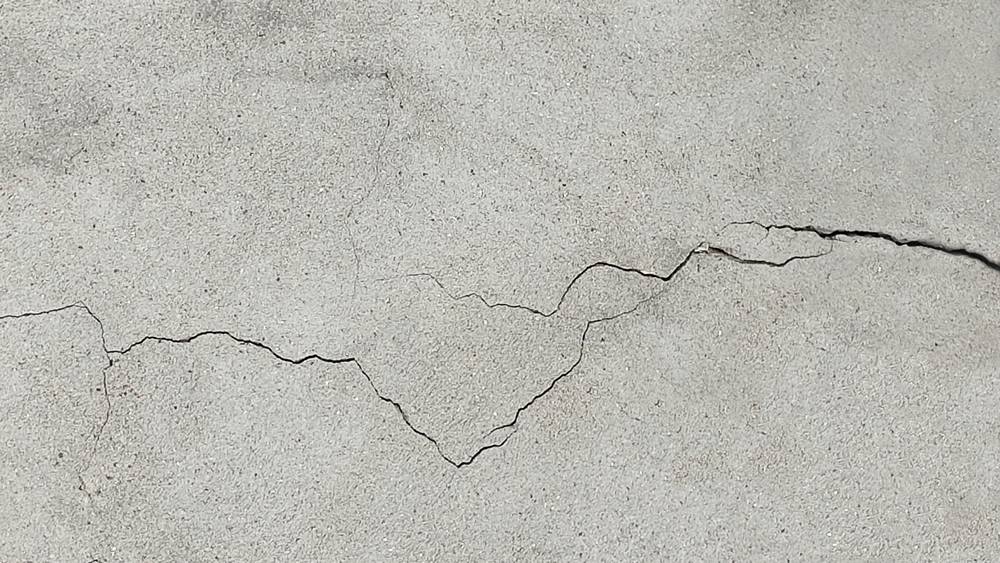Buying a car in Australia can often seem daunting, particularly when budgeting constraints are involved. However, for individuals seeking to strike a balance between affordability and quality, purchasing repossessed cars presents a unique opportunity. Repossessed vehicles often hit the auction circuit at significantly reduced prices, as financial institutions are eager to recoup their losses swiftly.

Understanding Repossessed Cars
Repossessed cars are vehicles seized by lenders from borrowers who have defaulted on their car loan payments. Once repossessed, these cars are typically sold at auctions to recover the remaining loan amount. This process can significantly benefit buyers looking for affordable vehicles. Unlike regular used cars, repossessed cars are often sold for less as financial institutions aim to sell them quickly and minimize further loss. To learn more about how the repossession process works, you can visit the MoneySmart website.
Why Buy Repossessed Cars?
Buying repossessed cars can offer numerous advantages:
- Cost Savings: Generally, these cars are sold at lower prices compared to similar models on the market. It's a perfect opportunity for budget-conscious buyers or those looking to invest in a secondary vehicle.
- Wide Selection: The range can include anything from vintage models to modern SUVs, depending on what's available at the auctions.
- Transparency: Auction houses typically provide vehicle history reports, allowing buyers to make more informed decisions.
Where to Find Repossessed Cars
The best way to purchase a repossessed car in Australia is through auctions, both online and offline. Not every auction is the same, so prospective buyers should do their homework to find reputable sources that offer transparency and fair practices. Some well-known platforms include:
- Pickles: A leading auction house that offers a comprehensive list of repossessed vehicles across Australia.
- Online Auctions Group: Another excellent resource for finding repossessed car auctions.
The Auction Process
Buying a car at an auction involves several steps:
- Research: Before attending an auction, arm yourself with knowledge. Knowing the type of car you want, its market value, and any common issues with that model can be invaluable.
- Registration: Most auctions require you to register and get a bidder number. This can often be done online for convenience.
- Inspection: Thoroughly inspect the vehicles of interest if possible. Many auctions offer specific preview days where you can examine the cars closely.
- Bidding: Once you're ready, place your bids. Keep your budget in mind to avoid overspending in the heat of competition.
- Payment: Once you’ve won a bid, you must typically arrange payment within a short period, often a few days.
Tips for Buying Repossessed Cars
Here are some handy tips to keep in mind:
- Set a Budget: Determine a clear budget and stick to it. Remember to factor in additional costs such as registration, insurance, and any repairs.
- Check Vehicle History: Utilize vehicle history reports to ensure there are no hidden surprises like previous accidents or other issues.
- Understand Fees: Auctions may have various fees, including buyer's premiums. Make sure you understand all associated costs before bidding.
- Be Wary of Condition: Some vehicles are sold 'as is', meaning what you see is what you get. There might be hidden issues requiring costly repairs.
Alternative Cheap Car Options
If auctions or repossessed vehicles don't suit your needs, consider exploring avenues for other affordable cars:
- Autotrader provides listings for cheap used cars under $5,000.
- For suggestions on affordable and reliable models, check out RACV's rundown on Australia's best underrated and economical vehicles.
In conclusion, purchasing a repossessed car is an excellent way to maximize value without compromising on quality. With a bit of research and smart planning, you can drive away with a fantastic bargain car. Explore the untapped potential of this market and uncover a wealth of automotive treasures today!


